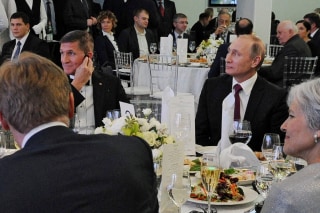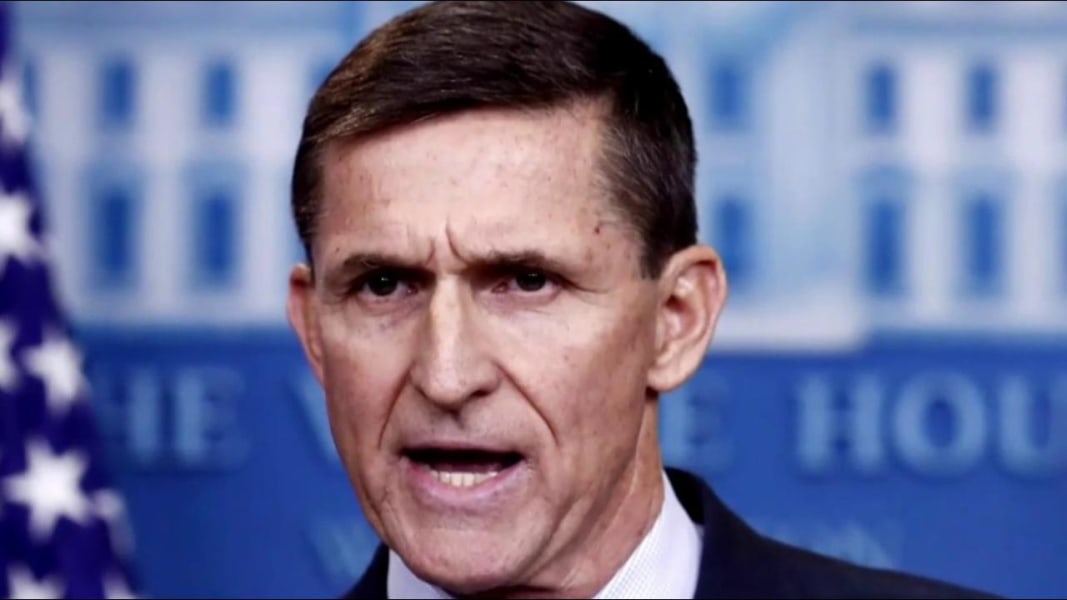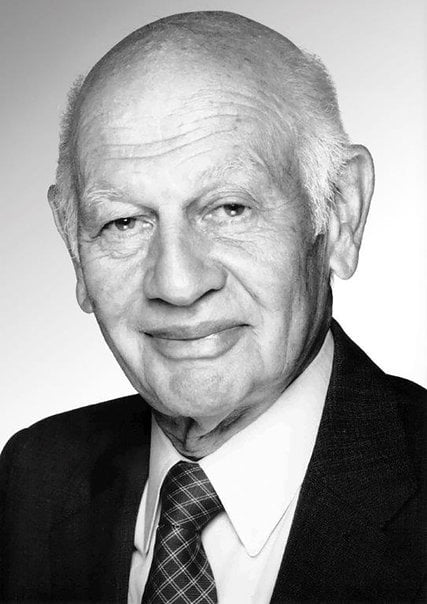The Senate Intelligence Committee turned down the request by former National Security Adviser Michael Flynn’s lawyer for a grant of immunity in exchange for his testimony, two congressional sources told NBC News.
A senior congressional official with direct knowledge said Flynn’s lawyer was told it was “wildly preliminary” and that immunity was “not on the table” at the moment. A second source said the committee communicated that it is “not receptive” to Flynn’s request “at this time.”
The senior congressional official also said that Flynn’s lawyer had conveyed the offer of testimony in exchange for immunity from prosecution to the Justice Department.
Rep. Adam Schiff, D.-Calif., the ranking member of the House Intelligence Committee, acknowledged in a statement that the Justice Department’s interest in Flynn’s testimony could take precedence over Congress’ wish to hear from him.
He also said there are “many more witnesses and documents to obtain” before the House Intelligence Committee can consider any immunity request — specifically citing a background check document that would show whether Flynn reported work he did for any foreign entities.
And, Schiff noted, “we should first acknowledge what a grave and momentous step it is for a former National Security Adviser to the President of the United States to ask for immunity from prosecution.”
President Donald Trump tweeted early Friday that Flynn was right to ask for immunity.
In September, while discussing aides to Trump’s opponent, Hillary Clinton, Flynn told Chuck Todd on Meet the Press that “when you are given immunity that means you’ve probably committed a crime.”
As NBC News reported Thursday, Flynn told the Intelligence Committee he was willing to be interviewed about the Trump campaign’s possible ties to Russia in return for a no-prosecution guarantee.
Flynn’s lawyer, Robert Kelner, confirmed in a statement that discussions had taken place with the House and Senate Intelligence Committees, and said “General Flynn certainly has a story to tell, and he very much wants to tell it.”
However, Kelner said, “out of respect” for the committees, he and Flynn would not comment on the details of the discussions — and he accused the media of being “awash with unfounded allegations, outrageous claims of treason, and vicious innuendo.”
“No reasonable person, who has the benefit of advice from counsel, would submit to questioning in such a highly politicized, witch hunt environment without assurance against unfair prosecution,” Kelner said in his Thursday statement.
Flynn, a retired lieutenant general who headed the Defense Intelligence Agency before being pushed out by the Obama administration, advised the Trump campaign beginning in 2015.
He served as President Trump’s national security adviser for three weeks before resigning for what the Trump administration said was misleading Vice President Mike Pence about his contacts with Russian Ambassador to the U.S. Sergey Kislyak.

Flynn was paid $45,000 plus expenses to speak at the 10th anniversary gala of the RT television network in Moscow in December 2015, while he was already an adviser to Trump. The U.S. considers RT, which is state-sponsored, to be a propaganda outlet.
Prior to Trump’s inauguration, on the day that President Obama announced sanctions against Russia as punishment for interfering in the U.S. election, Flynn spoke on the phone with Russian Ambassador Kislyak.
A U.S. intelligence official told NBC News that Flynn had discussed the hacking-related sanctions with Kislyak prior to Trump’s inauguration. Flynn told the Washington Post he didn’t discuss sanctions with Kislyak, then said he couldn’t remember whether they had discussed sanctions.
[“Source-nbcnews”]















